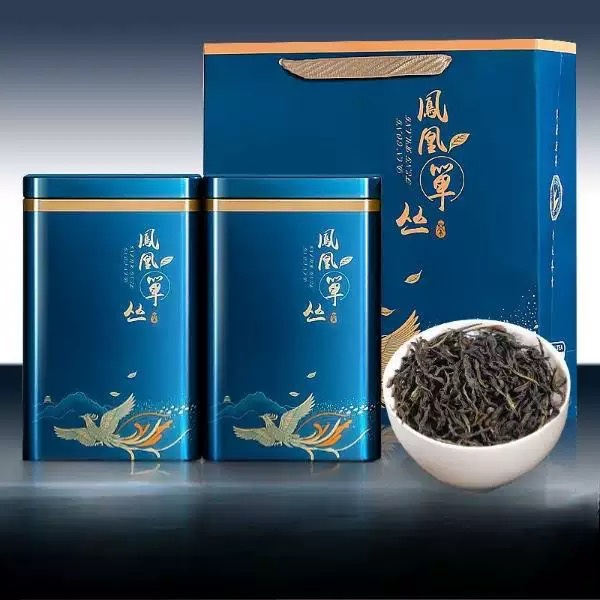
html
Oolong Tea: A Natural Booster for Metabolism
Keyword: Oolong Tea and Metabolism
Oolong tea, a traditional Chinese tea, has gained popularity worldwide for its unique taste and numerous health benefits. Among its many advantages, one of the most notable is its ability to boost metabolism naturally. This article explores how oolong tea can enhance metabolic function and contribute to overall well-being.
What Is Oolong Tea?
Oolong tea is a partially oxidized tea, falling somewhere between green tea and black tea in terms of oxidation levels. Its flavor profile ranges from floral and fruity to woody and roasted, depending on the processing method. Rich in antioxidants, vitamins, and minerals, oolong tea is a powerhouse of nutrients that support various bodily functions.
How Oolong Tea Affects Metabolism
Metabolism refers to the chemical processes that occur within the body to maintain life, including converting food into energy. Oolong tea has been shown to enhance metabolic rate through several mechanisms:
- Polyphenols: Oolong tea contains high levels of polyphenols, which help increase fat oxidation and energy expenditure.
- Caffeine: The moderate caffeine content in oolong tea stimulates the central nervous system, promoting thermogenesis (heat production) and fat breakdown.
- EGCG: Epigallocatechin gallate (EGCG), a catechin found in oolong tea, has been linked to improved fat metabolism and reduced fat absorption.
Scientific Evidence Supporting Oolong Tea’s Metabolic Benefits
Several studies have highlighted the positive effects of oolong tea on metabolism:
- A study published in the Journal of Nutrition found that participants who consumed oolong tea experienced a significant increase in energy expenditure compared to those who drank water.
- Research in the Chinese Journal of Integrative Medicine reported that oolong tea consumption led to improved fat oxidation and weight management in overweight individuals.
- Another study in the American Journal of Clinical Nutrition suggested that the polyphenols in oolong tea may help regulate blood sugar levels, further supporting metabolic health.
How to Incorporate Oolong Tea into Your Routine
To reap the metabolic benefits of oolong tea, consider the following tips:
- Choose High-Quality Tea: Opt for loose-leaf oolong tea over tea bags for better flavor and higher nutrient content.
- Brew Properly: Steep oolong tea at 185–205°F (85–96°C) for 3–5 minutes to extract its full benefits.
- Drink Regularly: Consuming 2–3 cups of oolong tea daily can help maintain a healthy metabolism.
- Pair with a Balanced Diet: Combine oolong tea with a nutrient-rich diet and regular exercise for optimal results.
Potential Side Effects and Considerations
While oolong tea is generally safe for most people, it’s important to be mindful of the following:
- Caffeine Sensitivity: Those sensitive to caffeine should limit their intake or opt for decaffeinated versions.
- Iron Absorption: The tannins in oolong tea may inhibit iron absorption, so avoid drinking it with iron-rich meals.
- Pregnancy and Breastfeeding:</strong